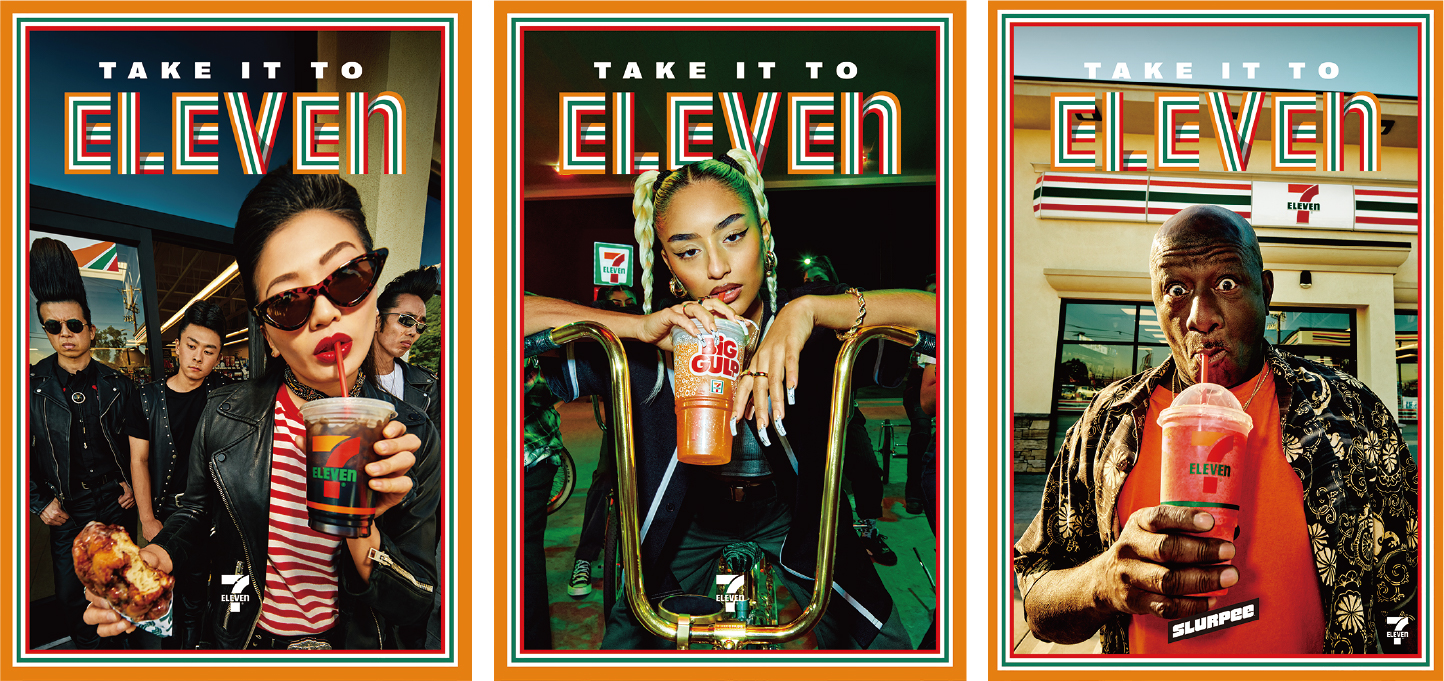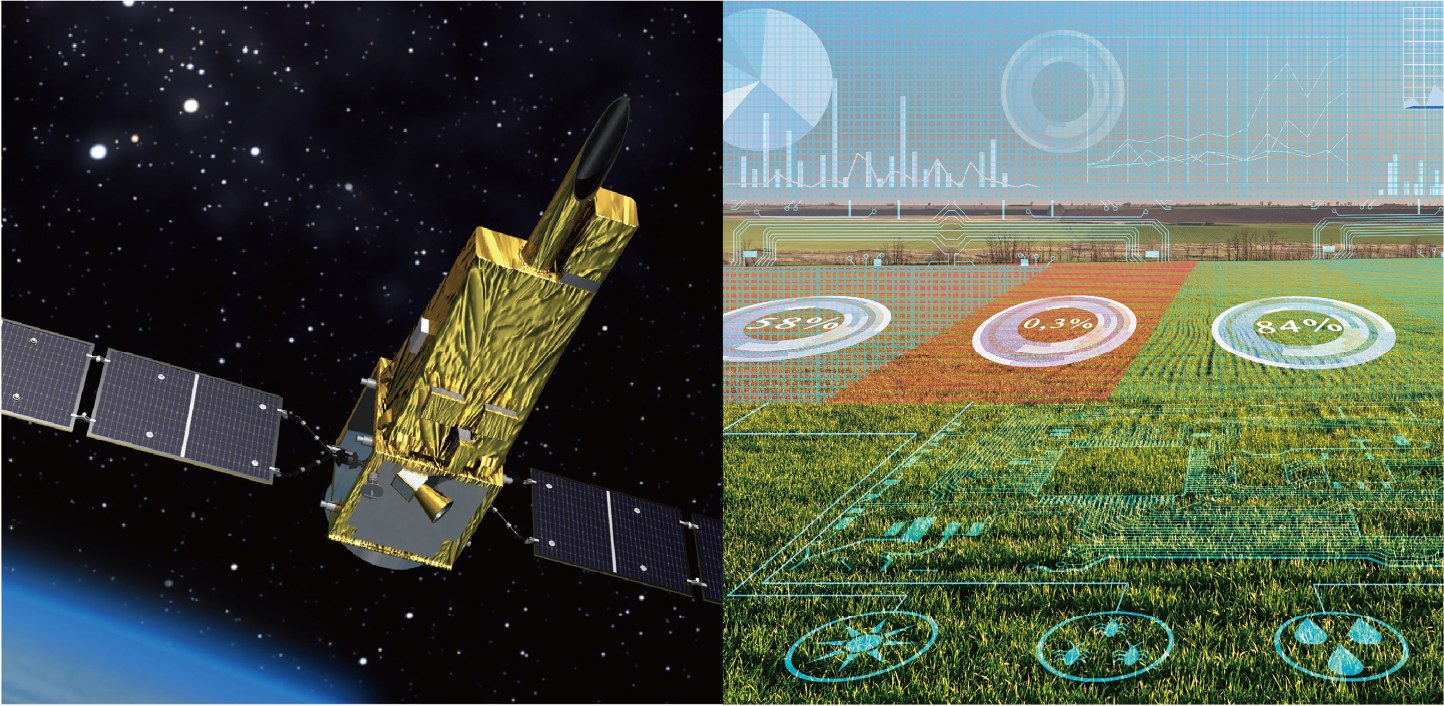Case Study
CASE 1
Driving dentsu integration on 7-Eleven
Over the last two years, 7-Eleven has become one of dentsu’s most integrated clients, with all service lines engaged in both the US and Japan.
7-Eleven Japan is a long-standing client of dentsu in Japan, going back several decades. In 2018, this connection helped 360i pick up a digital project for 7-Eleven in the US, which is the original and still by far the biggest market for 7-Eleven globally. But from this initial start working on a small digital and performance media assignment, our relationship with 7-Eleven has quickly grown.
In early 2020, when COVID disrupted the retail landscape, we brought 7-Eleven US some proactive thoughts for how they could respond. That social strategy and creative—all of which laddered back to building up their brand—helped us win the responsibilities as the full creative and media agency of record without a pitch.
To turn around sales declines and grow the brand, we identified a new, younger target audience who was not shopping at 7-Eleven yet: Gen Z. To reach this new audience, we developed 7-Eleven’s first big, integrated brand campaign for the US market in over a decade: Take It to Eleven. The campaign launched in the second quarter of 2021, in paid and owned channels including in store, and has continued into 2022.
Our dentsu analytics team built new models to prove the campaign’s ROI, which showed that it was driving remarkable increases in store traffic, sales, and brand equity for 7-Eleven. The new campaign has even made the 7-Eleven brand a force in popular culture again.
Most recently, Merkle and dentsu X media have teamed up to help 7-Eleven launch a retail media network, which is currently in pilot tests with several vendors. And the US and Japanese teams are in regular discussion about how to drive more global integration, and to expand the relationship with 7-Eleven into other global markets.
It has been a story of client partnership, creativity, integration, and growth… and we’re not done yet. 7-Eleven and dentsu are truly taking it to Eleven.

CASE 2
Tokyo Game Show 2021 metaverse experience
A need has developed for new experiences that can be shared between brands and their consumers. The digital acceleration prompted by COVID-19 boosted the popularity of virtual events, driving the rapid expansion of the XR* market.
At the Tokyo Game Show 2021 Online, one of the largest gaming festivals in the world, the Dentsu Group designed the event’s infrastructure. This included the IT system architecture and Virtual Reality (VR) spaces. Our Group-wide experience in event management allowed us to design an event experience befitting the Tokyo Game Show and its over 200,000 attendees.
By incorporating cutting-edge data technologies with our strengths in user-focused creativity, we provided our clients and partners with new experiences for their customers, including 3D advertising and VR commerce.
* All real-and-virtual immersive environments including VR (Virtual Reality), AR (Augumented Reality) and MR (Mixed Reality).

CASE 3
Space satellite images reduce food waste, regulating supply and demand
In order to reduce food wastage, Dentsu Group is working with the Japan Aerospace Exploration Agency (JAXA) to use space satellite images to improve supply forecast accuracy of farm products by observing and analyzing their stage of growth.
Improved accuracy of supply ensures the quantity of distribution—and therefore prices as well—of seasonal vegetables are more predictable. This creates impact on the marketing behaviors of players in the value chain.
Dentsu Group can then ensure that television advertisements are placed for seasonal products in conjunction with the forecasted supply.
The coordination between supply and demand reduces food waste. The imagery-related system has been developed through collaboration between, a number of companies within the Dentsu Group, including Dentsu Inc., Dentsu Kyushu, Information Services International-Dentsu (ISID) and Data Artist.
The coordination of supply and demand requires the processing of huge amounts of data—and Dentsu has adopted a new technology, RICH FLOW, that uses AI and quantum computing to rearrange television advertisement spots among advertisers, based on predicted product supply.
